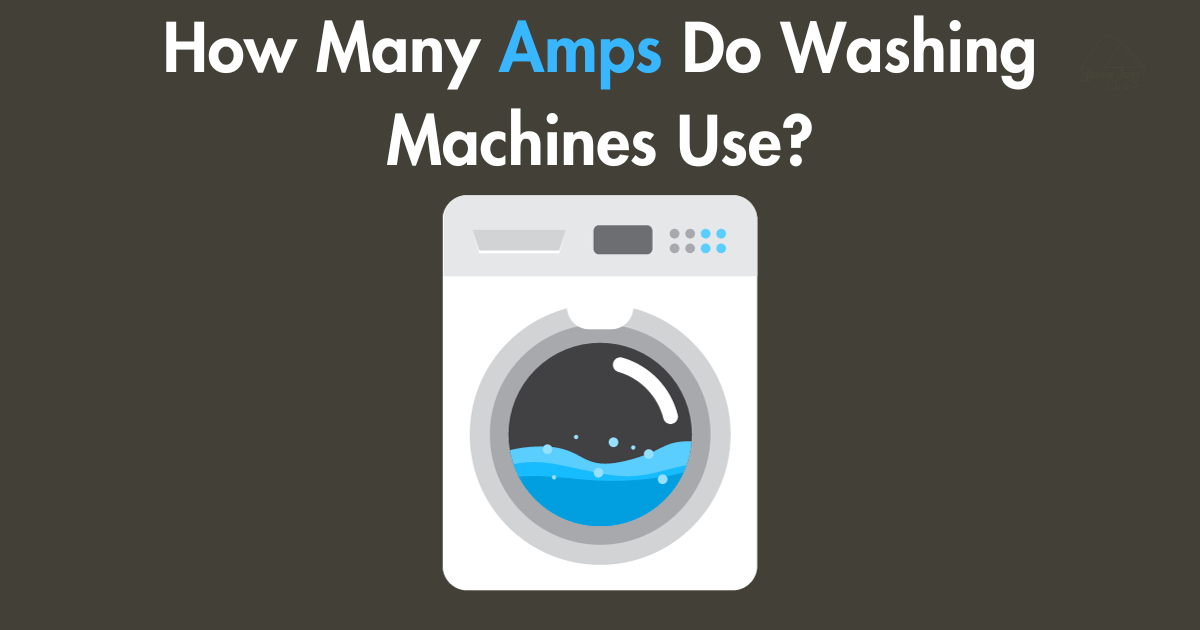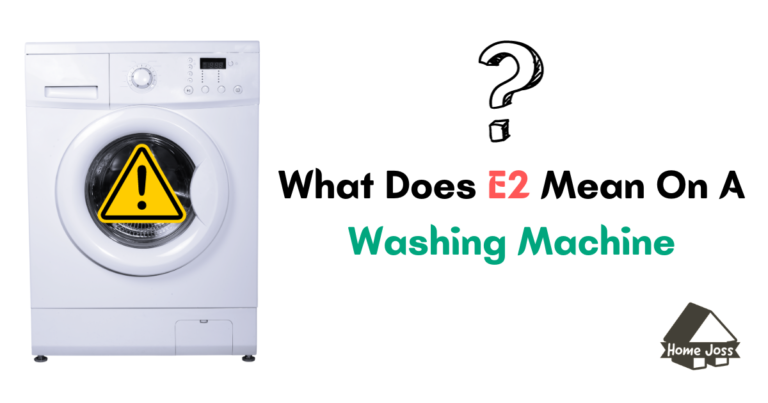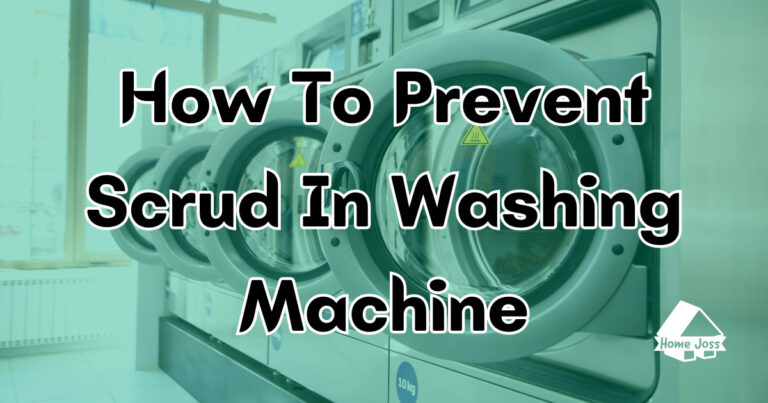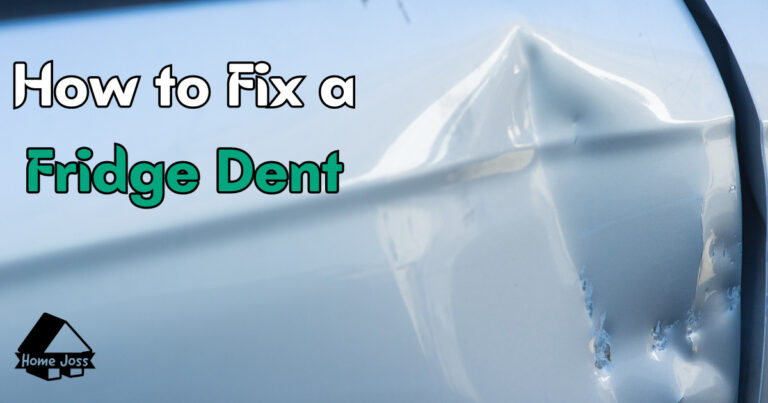Washing machines are essential appliances in our homes, making laundry tasks much more convenient. However, it’s important to understand the electrical requirements of these machines to ensure safe and efficient operation.
One crucial aspect to consider is the amperage, or amps, that a washing machine uses. In this comprehensive guide, we will explore the factors that influence a washing machine’s amperage, the recommended circuit breaker size, and other important considerations.
How Many Amps Do Washing Machines Use

The amperage used by washing machines can vary based on factors like their type, size, and age. Generally, standard washing machines use between 10 to 15 amps. Front-loading washers typically require around 5-15 amps, while top-loading models might need slightly more, around 10-20 amps.
It’s essential to check the specific requirements of your particular model to ensure safe and efficient operation. Always refer to the manufacturer’s specifications or the machine’s manual for accurate information on its electrical requirements.
Understanding Amperage and Its Importance
Amperage, often referred to as amps, is a unit used to measure the electric current flowing through a circuit. In the context of washing machines, amperage indicates the amount of electrical power consumed by the machine during operation.
It is crucial to determine the appropriate amperage requirements of a washing machine to ensure that it is connected to a compatible electrical circuit and prevent electrical hazards.
Factors Influencing a Washing Machine’s Amperage
The amperage of a washing machine can vary depending on several factors, including:
1. Wattage Rating
The wattage rating of a washing machine directly affects its amperage requirements. The wattage rating indicates the power consumption of the machine. Generally, the higher the wattage rating, the higher the amperage. To determine the amperage, you can divide the wattage rating by the voltage of the electrical outlet (usually 120 volts for standard washers).
2. Type of Washing Machine
Different types of washing machines, such as top-loading and front-loading models, have varying energy consumption and electrical current requirements. For example, top loaders typically use 12-15 amps, while front loaders may require 11-20 amps. It’s important to consider the specific type of washing machine you have when determining its amperage.
3. Motor Size
The size of the washing machine’s motor also plays a role in its amperage requirements. Larger and more powerful motors generally require more power to operate, resulting in higher amperage. If you have a washing machine with a larger motor size, it’s likely to have a higher amperage.
4. Age of the Washing Machine
Older washing machine models tend to consume more energy compared to newer, more energy-efficient models. This means that older machines may have higher amperage requirements. If you have an older washing machine, it’s important to consider this factor when determining the appropriate electrical circuit.
5. Water Level and Cycle Type
The water level and type of cycle selected on a washing machine can also impact its energy consumption and amperage. Higher water levels and hot water cycles typically require more energy, resulting in higher amperage requirements. It’s important to find a balance between water level and energy efficiency to minimize amperage usage.
Calculating Amperage Based on Wattage Rating
To calculate the amperage of a washing machine based on its wattage rating, you can use the formula: Amps = Watts ÷ Volts. For example, if your washing machine has a wattage rating of 600 watts and operates on a standard 120-volt outlet, the amperage would be calculated as follows:
Amps = 600 watts ÷ 120 volts = 5 amps
By using this formula, you can estimate the amperage requirements of your washing machine based on its wattage rating and the voltage of your electrical outlet.
How Many Amps Do Washing Machines Use (Video)
In this informative video, we will explore the electrical consumption of washing machines, focusing on the number of amps they typically use. The amperage can vary depending on the make and model of the washing machine, as well as its capacity and the specific features it offers.
Generally, a standard washing machine uses anywhere from 5 to 10 amps of electricity. We’ll break down the factors that influence this consumption, provide examples of different models, and offer tips on how to reduce energy usage for both environmental conservation and cost savings.
Join us as we delve into the technical aspects, ensuring you’re well-informed about the electrical demands of your household appliances.
Recommended Circuit Breaker Size for Washing Machines
To ensure safe operation and prevent electrical hazards, it is essential to use the appropriate circuit breaker size for your washing machine. The circuit breaker protects the electrical circuit from overloading and prevents electrical fires. For most standard washing machines, a 20-amp circuit breaker is recommended. This means that the electrical circuit supplying power to the washing machine should have a 20-amp capacity.
Using a circuit breaker with a higher capacity than the amperage requirements of your washing machine allows for a margin of safety and helps prevent tripping of the circuit breaker during operation.
Can You Use an Extension Cord with a Washing Machine?
While it is generally not recommended to use an extension cord with a washing machine, there are certain circumstances where it may be necessary. Washing machines draw a significant amount of electrical current during operation, and using an extension cord can pose safety risks if not done properly.
Here are some guidelines to follow if you need to use an extension cord with your washing machine:
- Check the Amperage Rating: Ensure that the extension cord has an amperage rating that matches or exceeds the amperage requirements of your washing machine. Refer to the manufacturer’s specifications for the amperage rating.
- Choose the Correct Gauge: Select an extension cord with an appropriate wire gauge based on the amperage requirements. Thicker wires with lower gauge numbers can handle higher amperage. For example, a 14-16 gauge extension cord is suitable for washing machines with an amperage rating of 10 or below.
- Use a Three-Prong Extension Cord: If your washing machine has a three-prong plug, make sure to use a three-prong extension cord that has a corresponding outlet. This ensures proper grounding and reduces the risk of electrical hazards.
It’s important to note that using an extension cord should be a temporary solution. If possible, it is best to position your washing machine close to an electrical outlet to avoid the need for an extension cord.
Importance of a Dedicated Circuit for Washing Machines
A dedicated circuit is a separate electrical circuit that is dedicated solely to a specific appliance or device. For washing machines, it is recommended to have a dedicated circuit to ensure proper power supply and prevent overloading. The National Electrical Code (NEC) requires laundry equipment, including washing machines, to be on dedicated circuits.
Having a dedicated circuit for your washing machine ensures that it receives sufficient power and reduces the risk of tripping circuit breakers or blowing fuses. It also helps protect other devices on the same circuit from potential electrical issues caused by the high energy consumption of a washing machine.
FAQ
How many amps does a front-load washing machine use?
Front-load washing machines typically require 11-20 amps, slightly more than top-loaders.
Can I use a 15-amp circuit for a washing machine?
While it is technically possible to use a 15-amp circuit for a washing machine, it is recommended to use a 20-amp circuit to ensure optimal performance and safety.
What is the amperage requirement for a Bosch washing machine?
A typical Bosch washing machine requires 5-15 amps, depending on the model and type (front-loader or top-loader).
Do washer-dryer combos have different amperage requirements?
Washer-dryer combos can use the same amperage requirements as washing machines. For example, a washer-gas dryer combo would typically require a 120-volt 20-amp circuit.
Can a washing machine be on the same circuit as other appliances?
It is generally recommended to have a dedicated circuit for a washing machine to ensure sufficient power supply and avoid overloading the circuit.
How can I reduce the energy consumption of my washing machine?
To minimize energy consumption, consider washing with cold water, using eco-friendly modes, reducing water levels, and utilizing full loads whenever possible.
Is it safe to use an extension cord with a washing machine?
While it is possible to use an extension cord with a washing machine, it is important to choose the correct gauge and ensure that the amperage rating matches or exceeds the machine’s requirements.
Can a washing machine be connected to a regular circuit?
While it is possible to connect a washing machine to a regular circuit, there are risks involved, such as frequent tripping of the circuit breaker and potential electrical hazards.
What should I do if my washing machine keeps tripping the circuit breaker?
If your washing machine keeps tripping the circuit breaker, it may indicate an electrical issue. Contact a qualified electrician to inspect the circuit and resolve any potential problems.
Can I use a washing machine on a 15-amp circuit with no other devices connected?
While it is technically possible to use a washing machine on a 15-amp circuit with no other devices connected, it is recommended to use a 20-amp circuit for optimal performance and safety.
Understanding the amperage requirements of your washing machine is crucial for safe and efficient operation. Factors such as wattage rating, type of machine, motor size, age, and water level can influence the amperage.
It is recommended to use a 20-amp circuit breaker for most standard washing machines and to have a dedicated circuit to ensure optimal performance. If using an extension cord, ensure it matches the amperage requirements and follow safety guidelines.
By considering these factors, you can ensure the proper electrical setup for your washing machine and enjoy hassle-free laundry days.






